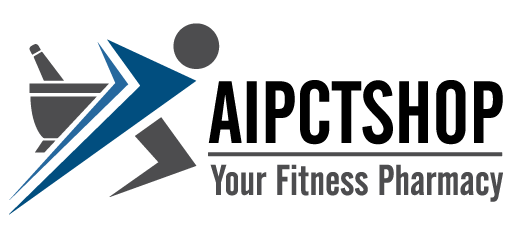Pharmaceutical Treatments are an important part of many acne treatment regimens. They are particularly useful for patients with moderate to severe acne symptoms. A wide variety of medications are routinely used to treat acne symptoms, but almost all of them are members of one of four major pharmaceutical types: Antibiotics,Retinoids, Keratolytics, or Hormonal Treatments. Each class of medications is has a unique complement of advantages and disadvantages.
Antibiotics
Antibiotics kill bacteria. The excessive growth of bacteria in the skin is often a major contributor to acne symptoms. Inhibiting bacterial growth with antibiotics can help improve acne symptoms for many people. There are several types of antibiotics that are routinely used to treat acne. For the treatment of acne, antibiotics can be administered topically or taken orally.
Keratolytics
Keratolytics help improve acne symptoms by preventing the formation of “clogged pores”. They work by helping to soften and remove the outermost layer of the skin and help open up plugged pores and follicles. Keratolytics, and other types of exfoliants, can also helpful for improving the appearance of mild acne scars and small areas of uneven skin.
Many keratolytics are available at lower concentrations in Over The Counter products (eg. Benzoyl peroxide), while products with higher concentrations of active ingredient can be obtained at pharmacies. Keratolytics are primarily used for the treatment of mild acne vulgaris and are generally poorly effective for the treatment of moderate to severe acne symptoms .
Retinoids Hormonal Treatments
Retinoids are medications that decrease the production of sebum (oil) in the skin. Retinoids can improve acne symptoms by decreasing the growth of bacteria in the skin and preventing formation of hyper-keratinized plugs (clogged pores). Retinoids also increase cellular turnover in the skin and are a common treatment for mild acne scars and fine lines. Retinoids are available in both topical and oral formulations.
Topical retinoids are applied directly to the skin and are a very common treatment for all types of acne, although they tend to be less effective against moderate to severe acne. Topical retinoids are often combined with a complementary medication, such as an antibiotic. Oral retinoids (Isotretinoin aka Accutane) are ingested and affect the entire body. Oral retinoids can have significant side effects and are generally only used in the treatment of moderate to severe acne.
Hormonal Treatments
Hormones contribute to acne. Androgen hormones (eg. testosterone) can stimulate the growth of sebaceous glands and increase the production of sebum (oily skin). Overactive sebaceous glands and excessive sebum production can contribute to the growth of acne-causing bacteria, and can lead to hyper-keratinized follicles (clogged pores). Treatments that suppress the activity of androgen hormones are helpful for many women who are struggling with acne (hormonal treatments are rarely used in men because of the side effects).
Depending on the specific medication, hormonal treatments are used to treat all types of acne. Hormonal birth control pills (“The Pill”) are the most common hormonal treatment in the world and these medications can have a significant impact on acne symptoms. Other types of hormonal treatments include androgen inhibitors and corticosteroids.
[wpi_designer_button text=’Acne Medication’ link=’https://aipctshop.co/product-category/acne/’ target=’self’]
